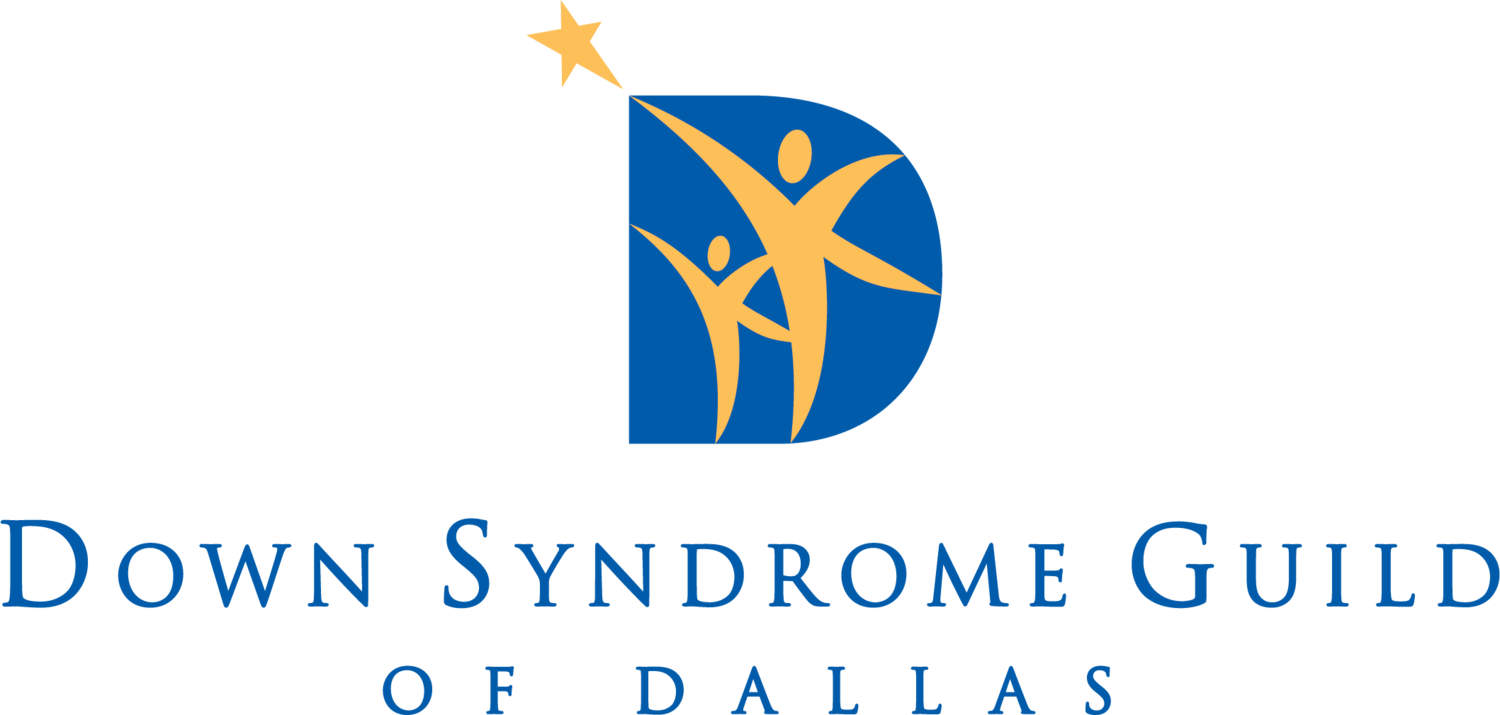Legislative Advocacy
NATIONAL DOWN SYNDROME ADVOCACY COALITION (NDAC)
Grassroots membership advocacy service of the National Down Syndrome Congress (NDSC) that is designed to educate individuals with Down syndrome, their family members and other allies about policy issues and give them the advocacy tools and techniques they need to effectively engage with their legislators to advocate for change.
NATIONAL DOWN SYNDROME CONGRESS (NDSC) POLICY & ADVOCACY
The NDSC Policy & Advocacy Team is comprised of disability policy professionals who are experienced, well-connected, and highly regarded national subject matter policy experts and leaders; however, your voices help ensure equal rights and opportunities for individuals with Down syndrome. Take action and stay informed on NDSC’s priorities by signing up for Action Alerts, downloading the Advocacy Toolkit for Self-Advocates, and following NDSC on social media.
NATIONAL DOWN SYNDROME SOCIETY (NDSS) NATIONAL ADVOCACY & PUBLIC POLICY
The NDSS National Advocacy & Public Policy Center advocates for federal, state and local policies that positively impact people with Down syndrome across the country. Take action and stay informed on NDSS’s priorities by signing up for Advocacy Alerts, joining the NDSS DS-AMBASSADOR® Program, and following NDSS on social media.
TEXAS COUNCIL FOR DEVELOPMENTAL DISABILITIES (TCDD)
TCDD monitors key legislative issues that affect people with developmental disabilities. In addition to developing strategies to advance TCDD positions, public policy staff members promote TCDD positions to the general public, state agencies and federal and state policy makers.
COALITION OF TEXANS WITH DISABILITIES (CTD)
CTD has built a reputation as one of the foremost advocates in the state for public policy that protects and benefits Texans with disabilities.
THE ARC OF TEXAS
Promotes, protects, and advocates for the human rights and self-determination of Texans with intellectual and developmental disabilities.
TEXAS PARTNERS IN POLICYMAKING
Texas Partners in Policymaking is an advanced leadership development training program for self-advocates and parents of children with developmental disabilities (DD).
CONGRESSIONAL TASK FORCE ON DOWN SYNDROME
The Congressional Task Force on Down Syndrome is a bipartisan group of federal Senators and Representatives who work together to support the interests of the Down syndrome community.
TIME TO CARE TEXAS
Time to Care is a coalition of community organizations and advocates committed to securing competitive wages for Direct Support Professionals (DSPs) in Texas who are caregivers for Texans with intellectual or developmental disabilities (IDD).
HOW TO CONTACT YOUR ELECTED OFFICIALS
Learn how to contact your federal, state, and local elected leaders.
KEY LEGISLATION
ACHIEVING A BETTER LIFE EXPERIENCE ACT (ABLE)
The Stephen Beck Jr. Achieving a Better Life Experience (ABLE) Act (Public Law 113-295) was signed into law on December 19, 2014. The ABLE Act amends the Internal Revenue Service Code of 1986 to create tax-free savings accounts for individuals with disabilities.
AMERICANS WITH DISABILITIES ACT (ADA)
The Americans with Disabilities Act (ADA) was signed into law on July 26, 1990, by President George H.W. Bush. The ADA is one of America's most comprehensive pieces of civil rights legislation that prohibits discrimination and guarantees that people with disabilities have the same opportunities as everyone else to participate in the mainstream of American life -- to enjoy employment opportunities, to purchase goods and services, and to participate in State and local government programs and services.
INDIVIDUALS WITH DISABILITIES EDUCATION ACT (IDEA)
The Individuals with Disabilities Education Act (IDEA) is a law that makes available a free appropriate public education to eligible children with disabilities throughout the nation and ensures special education and related services to those children.
OLMSTEAD DECISION
On June 22, 1999, the United States Supreme Court held in Olmstead v. L.C. that unjustified segregation of persons with disabilities constitutes discrimination in violation of title II of the Americans with Disabilities Act. The Court held that public entities must provide community-based services to persons with disabilities when (1) such services are appropriate; (2) the affected persons do not oppose community-based treatment; and (3) community-based services can be reasonably accommodated, taking into account the resources available to the public entity and the needs of others who are receiving disability services from the entity

